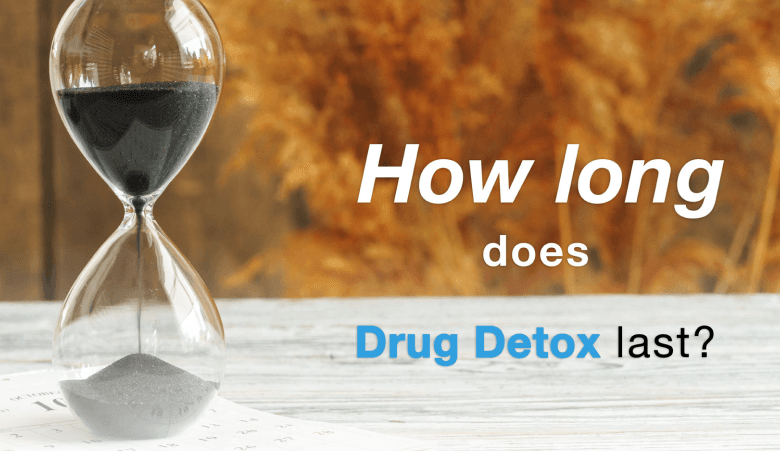What is Inpatient Drug Rehab?

Inpatient drug rehab is often the most common destination after completing drug detox. An inpatient rehab program combines the close, 24/7 medical monitoring of drug detox with traditional drug rehab treatment — therapy, group sessions, and so on.
During inpatient rehab, patients live at an inpatient rehab center while participating in a highly structured program for drug & alcohol addiction. A person may have their own room or share a living space with one or more roommates. Meals are usually provided by the inpatient drug rehab as well. There are multiple benefits to inpatient rehab programs. A person who may be experiencing protracted withdrawal symptoms can have them monitored closely and treated as they attend therapy and other forms of addiction treatment. Also, a person who may have a less than ideal living situation is able to fully concentrate on their recovery without any distractions.
Inpatient drug rehab comes in many different flavors. Some inpatient rehabs offer a spa-like environment; other inpatient treatment centers may be more like a hospital or other healthcare facilities. However, 24-hour care and monitoring are usually the same across all inpatient drug rehabs.











